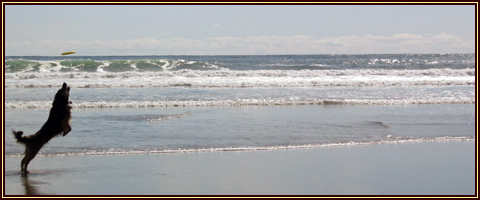History of Nasal and Sinus Irrigation
Knowing the history of nasal and sinus irrigation can ease any worries you may have about trying the process. Understanding the process itself can also make it easier to try out this method. It can be helpful in a variety of ways. It can make you feel much better on a day to day basis. It can also make specific health problems feel better, if not go away entirely. When researching a nasal irrigation system, this information could prove valuable.
The history of this process dates back several millennia. It was used in the yoga practices in old Indian traditions. At the time, it was better known as jala neti, which is just another term for nasal sinus irrigation. Also at the time, the procedure was performed with the small pot which is widely known as the neti pot. It looks something like a gravy boat, something like the lamps seen in Aladdin and Arabian nights.
During the volatile 1970s, yoga was widely introduced into the United States. With it came the introduction of the neti pot and, to a higher extent, nasal irrigation. This process is also known as nasal lavage, among other terms. No longer simply a tool for yogic meditation, it is now a widespread practice.
For instance, you can find neti pots and other tools used in nasal sinus irrigation in some very mainstream and easily available stores these days. Not so long ago, they were only available in very select outfits, some of them available only in India.
A more modern version of the Neti Pot is the hydro pulse.
It has been said that nasal sinus irrigation gained its current popularity due to an “appearance” on Oprah Winfrey’s talk show. A doctor performed the neti pot procedure on a guest, with evidently great success. Sales for the various tools used in this process spiked after that.
Some people use neti pots to introduce the salt water into their nasal cavities. Others use small syringes or a variety of other bottles and tools.
Author: Jill S.
Disclaimer: This article is for information purposes only and does not intend to advise on, diagnose or treat any health problem or issue whatsoever. If you have or think you might have a health problem visit your physician for advice, diagnosis and treatment. The USFDA has not evaluated statements about products in this article.







